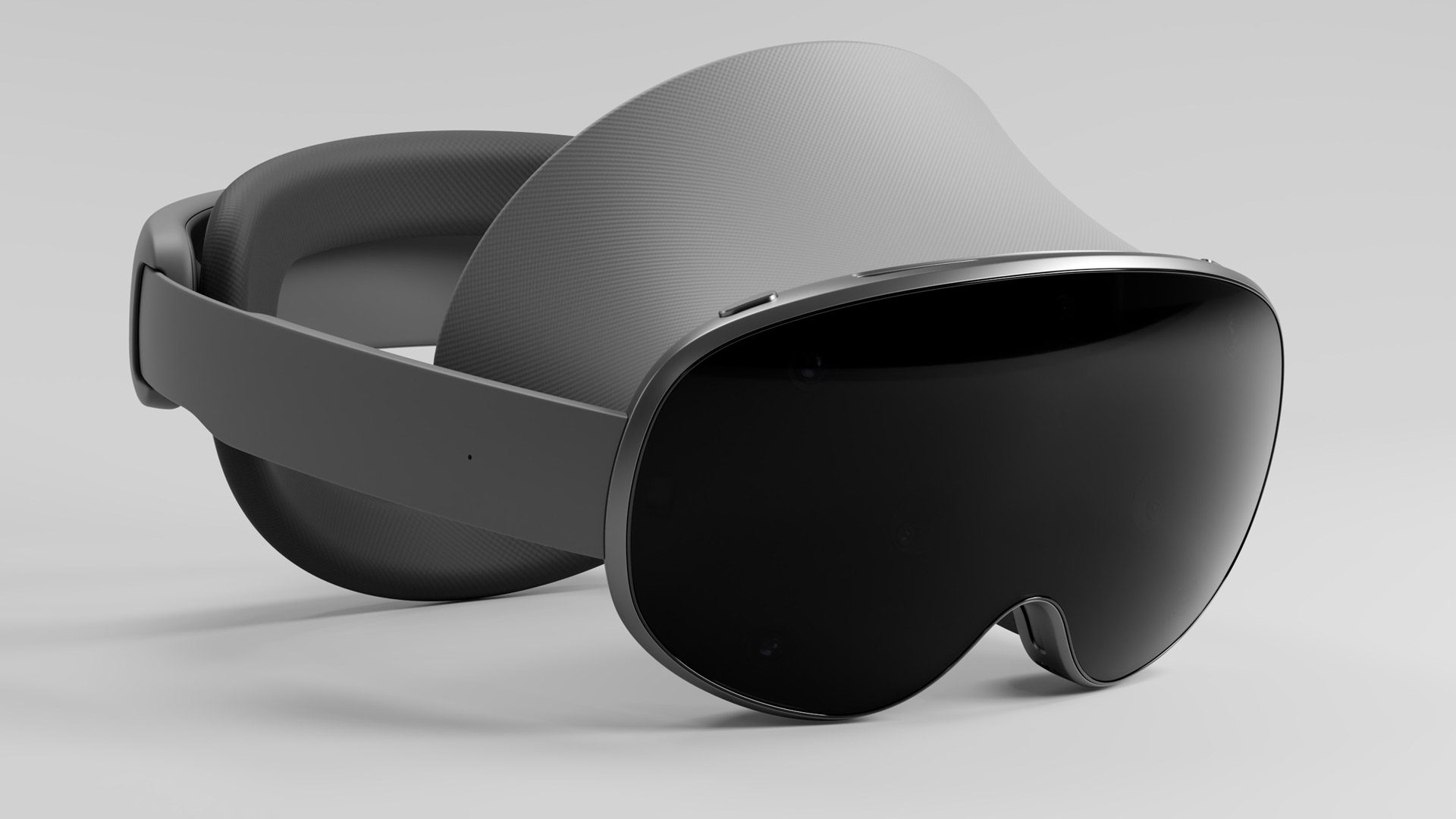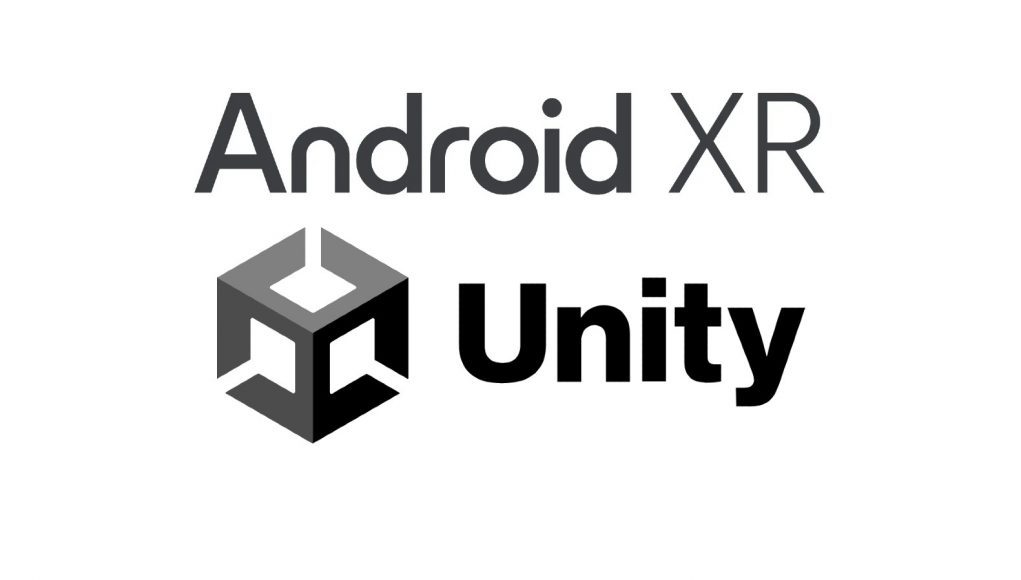Meta Quest developers looking to port their Unity-based apps to Google’s newly unveiled Android XR operating system shouldn’t have a tough time of it, Unity says, as the game engine creator today released all of the tools devs need to get cracking.
Google unveiled its Android XR operating system today, which is coming first to the newly revealed Samsung mixed reality headset, “Project Moohan,” slated for consumer release in 2025. The short of it: details are still very thin, although Samsung’s prototype feels like a mashup of Quest and Apple Vision Pro, which you can read more about in our hands-on.
And Unity, maker of the most popular game engine for XR app developers, announced they’ve partnered with Google to provide official platform support for Android XR. So, starting today, app developers can both build as well as port existing games and experiences to upcoming Android XR devices.

Developers opted into the Public Experimental release of Unity 6, which is available for all versions, can start now, which includes dedicated documentation and optimizations to help create performant and comfortable experiences, Unity says.
Unity’s XR tools also feature support for a list of modern features, including hand and eye-tracking, occlusion, foveated rendering, composition layers, and more features designed to make it “easy to start fresh or expand your audience by bringing existing apps and games to Android XR,” the company says.
Apps that already integrate OpenXR will ostensibly be the easiest to port, with Unity citing studios like Owlchemy Labs and Resolution Games, which have brought their Unity apps to Android XR with “minimal effort,” the company says.
“This is as simple a port as you’re ever going to encounter. Plus, it’s not going to break your four-person studio—or your 400-person studio—to make it happen,” says Owlchemy Labs CEO Andrew Eiche.
For now, Google has only shown off Android XR working on Samsung’s prototype in addition to a pair of prototype smartglasses we got to try on (re: not AR), although it and Unity making porting easy for Quest developers feels like a strong opening gambit.
While Android is generally known for its broad device support, it’s likely the company will need to keep a fairly short leash on the sort of devices it hopes to support with Android XR though. Granted, it’s the earliest of early days for Android XR—we don’t even know the specs, price, release date, name, etc for Samsung’s headset.
Still, Google ostensibly has its sights on capturing a substantial slice of the XR market in the coming years. Notably, in addition to VR content, Android XR supports the entire existing library of standard Android apps as well as “spatialized” versions of those apps, undoubtedly positioning Google as a “day-1” player in the XR space, and competitor apparent to both Meta’s Quest platform and Apple Vision Pro.
– – — – –
We’re still learning about Android XR; we haven’t heard whether other major game engines, like Epic’s Unreal Engine, are offering similar support. It is however a good bet though, considering Unreal Engine has supported OpenXR for a number of years now. Road to VR will of course be following all things Android XR, so make sure to check back soon for more.







